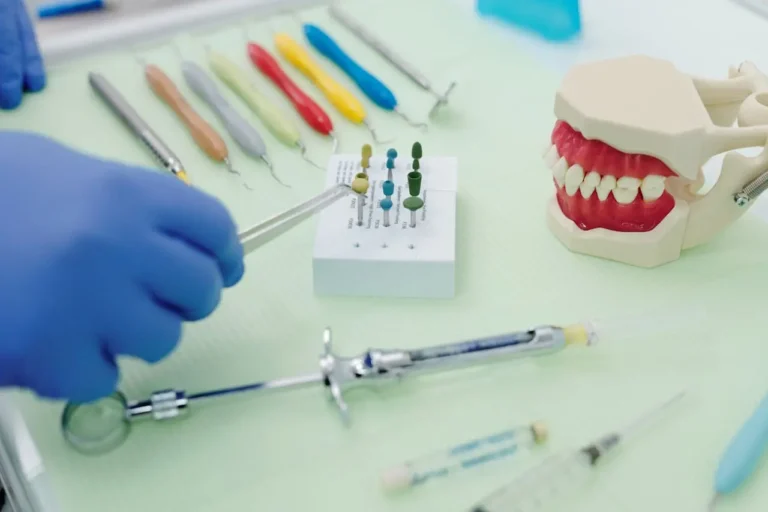
Reports Positive Results from SP-624 qEEG and BNA™ Study by Arrivo BioVentures
Arrivo BioVentures recently reported promising results from its SP-624-103 study, which evaluated the impact of SP-624’s novel epigenetic mechanism on neurological pathways. SP-624, a SIRT6 activator, may represent the first targeted treatment specifically for females with Major Depression, based on previous studies. The reports from this study highlight SP-624’s potential antidepressant and cognitive-enhancing effects, with significant implications for treating a variety of neuropsychiatric conditions.
The SP-624-103 study is a double-blind, placebo-controlled trial consisting of three cohorts. Cohort 1 included 12 healthy volunteers (8 on SP-624, 4 on placebo) who received 20mg of SP-624 daily over a 15-day period. Reports were based on neurological changes assessed using quantitative EEG (qEEG) and Firefly Neuroscience’s Brain Network Analytics (BNA™) technology at both baseline (Day 1) and Day 15, pre- and post-dose.
Cohort 2 is actively enrolling and includes 12 patients diagnosed with Major Depressive Disorder (MDD). The subject composition for Cohort 3 will be determined after completing the second cohort’s enrollment and initial assessments. Preliminary reports from Cohort 1, however, already provide essential insights into SP-624’s effects on brain activity:
Reports on increased Beta Power: Participants showed increased beta power, especially in the frontal-central regions, compared to the placebo group. This suggests that SP-624 may enhance synaptic plasticity and neuronal connectivity, key factors for regulating cognitive and emotional functions.

Reports on decreased Delta Power: The SP-624 group exhibited a decrease in delta power, which is often associated with reduced cortical arousal and depressive states. The reports suggest that lower delta activity may indicate improved cortical function, which could mitigate depressive symptoms.
Reports on Enhanced Evoked Potential Response: The evoked potential findings suggest that SP-624 may improve early perceptual processing and decision-making speed. This has potential importance for cognitive functions like attention, memory, and context updating, all of which are commonly compromised in individuals with MDD and other cognitive disorders.
These findings are significant because an increase in beta power and a decrease in delta power are often linked to improved neural synchronization, cortical activation, and excitability, which could be crucial for addressing depressive symptoms and enhancing cognitive processing. According to Dr. Joel Raskin, Chief Medical Officer at Arrivo BioVentures, the reports suggest that SP-624 could help normalize cortical activity, improving both cognitive and emotional regulation. This could have wider implications for other neuropsychiatric diseases.
Steve Butts, CEO of Arrivo, expressed optimism regarding the study’s findings, stating, “We are continuing to explore the possibilities with SP-624 and its SIRT6 mechanism of action in this trial, along with a Phase 2b/3 study for major depressive disorder that we are currently enrolling.” Butts further emphasized that the reports from the SP-624-103 study provide strong evidence of the drug’s efficacy in the central nervous system, which in turn boosts confidence in its potential for MDD and other cognitive disorders.
The reports from the SP-624-103 study also provide critical data supporting the company’s ongoing work with SP-624 in mental health treatments. Arrivo’s pipeline includes SP-624 for MDD and RABI-767 for predicted severe acute pancreatitis, with both therapies targeting difficult-to-treat diseases. Arrivo aims to provide meaningful outcomes that improve patients’ quality of life. The data from SP-624’s impact on brain health marks an important milestone in advancing these treatments.
Additionally, Arrivo BioVentures collaborates with Firefly Neuroscience, a company specializing in AI-driven solutions for improving brain health outcomes. Firefly’s Brain Network Analytics (BNA™) technology, used in the SP-624-103 study, enables in-depth monitoring and diagnostic insights into brain function. Reports from BNA™ indicate that this technology utilizes AI and machine learning to analyze standardized, high-definition electroencephalograms (EEGs) and provides a comprehensive look at brain activity. BNA™ is designed to optimize diagnosis and treatment selection for neurological and cognitive disorders, including depression, dementia, anxiety, ADHD, and concussions.
Firefly’s BNA™ technology is grounded in an extensive proprietary database of EEGs from over 17,000 patients, which includes data from 12 disorders as well as healthy controls. The reports generated by this technology, when used alongside FDA-cleared EEG systems, provide clinicians with a deeper understanding of brain function, ultimately enabling better treatment outcomes for patients.
In summary, the SP-624-103 study reports significant data indicating that SP-624 has the potential to enhance brain activity, potentially alleviating depressive symptoms and improving cognitive functions. With these positive results and the continuation of studies, Arrivo BioVentures is poised to offer innovative treatments for mental health and cognitive disorders. Furthermore, their collaboration with Firefly Neuroscience is driving advancements in AI-powered diagnostics, which could revolutionize the way neuropsychiatric diseases are diagnosed and treated. As further reports emerge from ongoing trials, they will offer more insight into the therapeutic potential of SP-624, not just for MDD but also for other neuropsychiatric and cognitive disorders..




